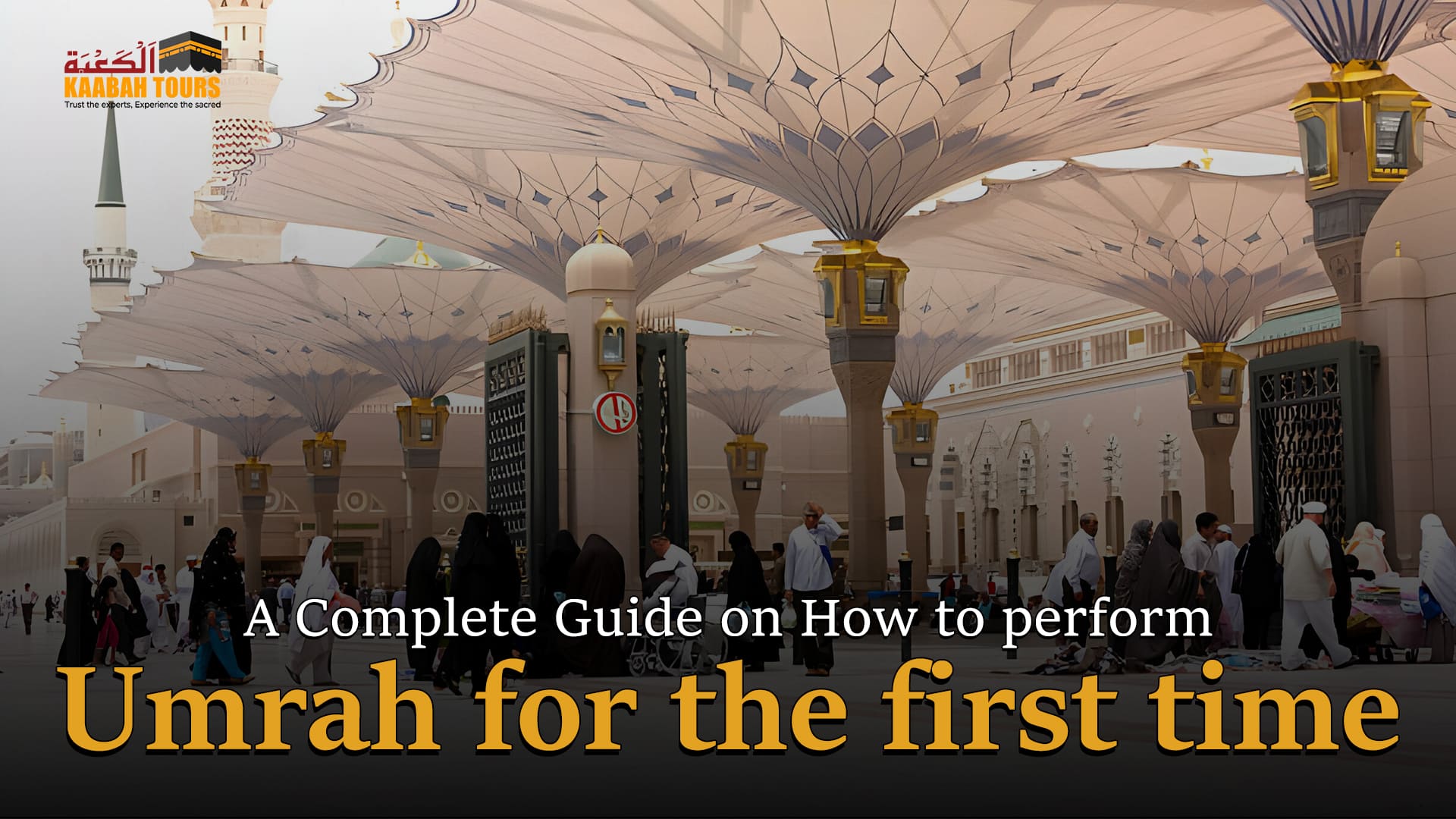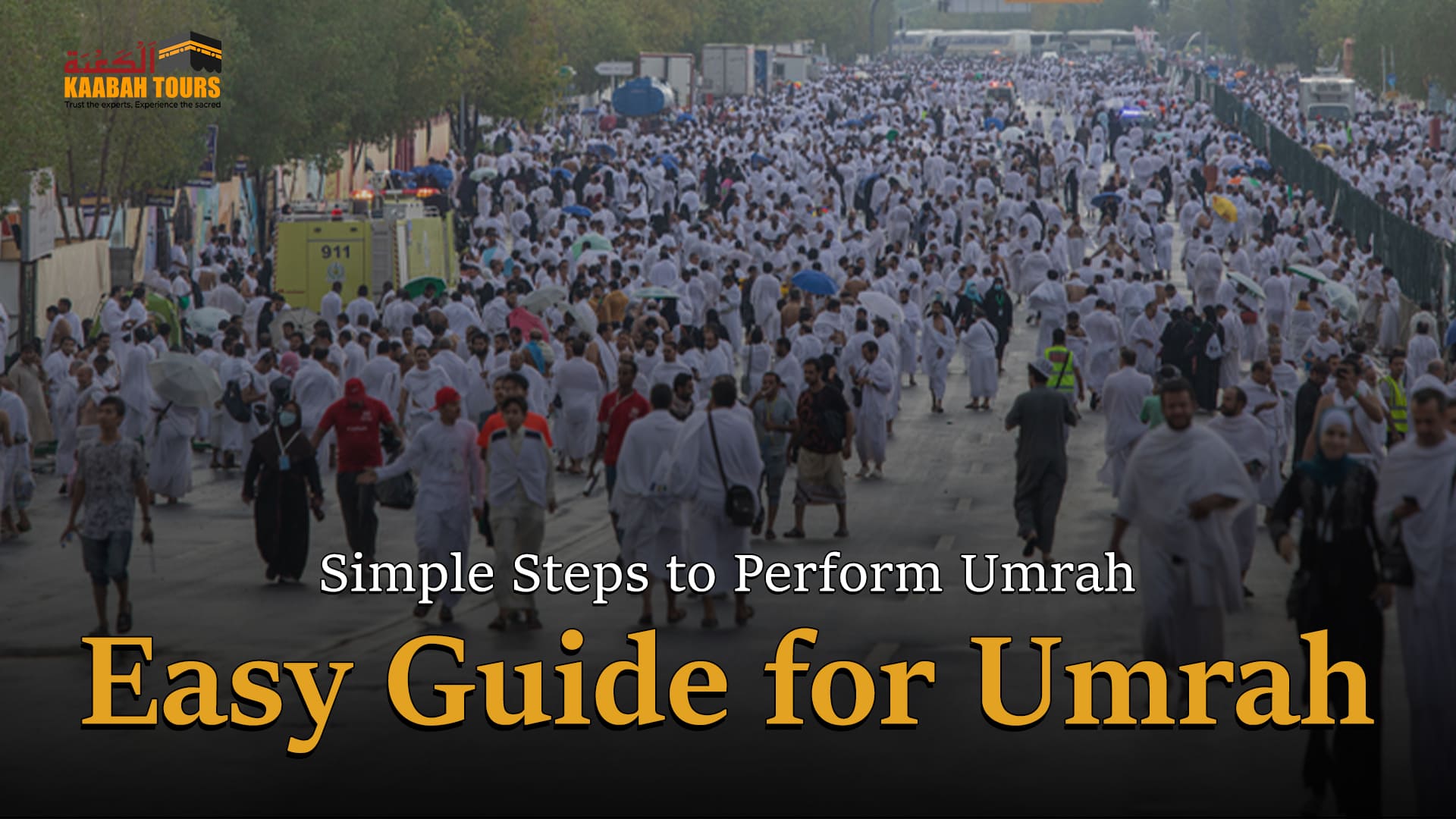Contents
Ramadan is one of the most spiritual Islamic months in the Muslim world. It is considered a fourth pillar of Islam, and fasting is also important in Islam. It has numerous physical and mental health benefits. In 2009 various scientists conducted a cross-sectional study about cancer, which NIH (USA) published. The benefits of fasting in Ramadan include helping to reduce the risk of cancer. It can also help you become more spiritual, self-disciplined, and mentally clear. Many people feel energised and spiritually connected during this time. In this blog, we will look at how it gives us an advantage from both health and religious points of view. Moreover, fasting plays a central role in many cultures and religions.
Muslims all around the globe observe fasting during Ramadan; they cut themselves off from food from Dawn to dusk. This sacred practice is good for your health. It can boost metabolism, enhance insulin sensitivity, and regulate blood sugar levels. Fasting helps you eat a healthy diet and control your bad eating habits. It is especially beneficial for those with diabetes. It offers an organised approach to managing their health.
What is fasting and why is it important?
Fasting in Ramadan is an important Islamic practice. Muslims abstain from food and drink or marital needs from sunrise to sunset. It also allows spiritual reflection and closeness to Allah. Fasting allows Muslims to purify their souls, ask for forgiveness for past sins, and appreciate their blessings more. This period features more prayers and charitable gestures. It emphasises compassion and empathy for others.
The rewards of holy Ramadan fasting beyond the spiritual. It gives your digestive system a break, helping your body remove toxins such as cancer and improve liver function. Fasting makes believers more disciplined, and self-aware and creates a communal bond in daily life. It also strengthens community bonds. Families and friends gather together for pre-dawn meals (suhoor) and sunset meals (iftar), making Muslims worldwide feel more united and supportive of each other.
Effects of Fasting on the Body
During fasting, your body breaks down stored fat into energy, which is very healthy. This can help with weight loss and enhance the level of insulin receptors. It also helps to control blood sugar levels and reduce your risk of developing type 2 diabetes. That means Fasting in Ramadan is not only religious but also has a health-beneficial impact. This makes you feel good and gives you more power during and after the fast.
Managing your weight and fasting during Ramadan
During Ramadan, fasting from sunrise to sundown might induce physical changes. It also enhances your spiritual level, and you will get more affection from Allah Almighty. The effects of Ramadan fasting on the body can cause changes in hormone levels, blood sugar, and hydration. To maintain weight throughout this time, you must be careful about when and what you eat. Moreover, when you don’t observe fasting, it will make you eat more food and consequently make you fat. It will create some health issues such as high cholesterol levels, diabetes issues, risk of a heart attack, and certain types of cancer.
Furthermore, the self-control that comes with fasting can help you concentrate better. The health benefits of fasting in Ramadan can help you cleanse the body. However, staying hydrated and eating balanced meals is important when not fasting. Fasting during Ramadan, with proper planning, may positively affect spiritual and physical well-being.
Duas of fasting in Ramadan
Muslims seek Allah’s blessings by reciting special duas during Ramadan. One dua is recited before sunrise (suhoor) to start fasting, while the other is recited at sunset to break the fast. During these times of spiritual connection, people thank Allah Almighty for food and ask for help on their journey of self-discipline and devotion during fasting and in their lives. It represents the communal and spiritual value of Ramadan in its purest form. Some of the fasting duas are given below.
Dua for fasting in Ramadan
وَبِصَوْمِ غَدٍ نَّوَيْتُ مِنْ شَهْرِ رَمَضَانَ
Wa bisawmi ghadinn nawaiytu min shahri ramadan.
Translation:mind
I intend to keep the fast for tomorrow in the month of Ramadan.
Dua for opening fast in Ramadan
اللَّهُمَّ لَكَ صُمتُ وَعَلَى رِزقِكَ أَفطَرتُ
Allahumma inni laka sumtu, wa bika aamantu, wa ‘alayka tawakkaltu, wa Ala rizqika aftartu
Translation:
Oh Allah! I fasted for You and I believe in You, and I put my trust in You, and I break my fast with Your sustenance.
Clarity of mind and focus
Fasting in Ramadan can have various health benefits. One significant benefit of fasting for Ramadan is the improved emotional well-being and concentration that various people experience. Not eating or drinking during the day makes people feel more concentrated and have a clearer mental state. This enhanced focus comes from the discipline and mindfulness practised during fasting. It promotes a sense of inner calm and attentiveness.
Additionally, fasting benefits Ramadan and might give spiritual growth by developing a deeper connection with one’s faith and community. It can boost self-reflection and empathy for the less fortunate, building compassion and solidarity. You may find emotional well-being and contentment by focusing on these spiritual components of fasting throughout the holy month.
Advantages of Digestive Health
The advantage of fasting in Ramadan has numerous physical and medical benefits, particularly digestive health. When people cut off themselves from food and drink during the day, their digestive systems can rest and recuperate, potentially lowering bloating and increasing the overall health of the digestive system. As a result, people may feel more physically fit. Less eating allows the body to adjust digestive enzymes more quickly, which improves nutrient absorption and digestion efficiency. Furthermore, the physical benefits of Ramadan fasting can help you maintain a better lifestyle and control your weight.
Moreover, fasting in Ramadan also offers medical benefits. These advantages are critical for those with diabetes. These medical benefits of fasting in Ramadan can help manage blood glucose levels more effectively. It also enables you to control your fat by decreasing weight, increasing fat loss, and also reducing cardiac failure disease. These medical and physical advantages show that fasting during Ramadan can benefit your digestive and general health.
Spiritual and Psychological Well-being
Fasting is a spiritual deed. Benefits of fasting in Islam, such as spiritual and psychological well-being. Every Muslim wishes to do fasting, Ramadan as it is obligatory. Observing fasting brings many positive elements to one’s life. Moreover, it will cleanse your soul, and you will get closer to Allah Almighty. Allah has promised Muslims that fasting is one of the favourite pillars of Islam, and he will reward them accordingly. Muslims can do charity (Zakat) during Ramadan fasting and help the poor and needy; it will boost their faith and devotion by doing this spiritual deed. As mentioned in the Quran about the Charity (Zakat):
“The alms are only for the Fuqara’ (the poor), and Al-Masakin (the needy) and those employed to collect (the funds); and to attract the hearts of those who have been inclined (towards Islam); and to free the captives; and for those in debt; and for Allah’s Cause, and for the wayfarer (a traveler who is cut off from everything); a duty imposed by Allah. And Allah is All-Knower, All-Wise.” (Al-Quran 9:60)
Additionally, when you get your soul clean, and your sins are washed away, it also impacts your psychological health. You become stable mentally as your soul is contended. In this way, fasting becomes the source of peace and happiness in one’s life. Consequently, it will boost your metabolism, and you will get the medical benefits of fasting in Ramadan.
Conclusion
In the end, fasting in Ramadan offers numerous advantages for the individual’s physical, physiological and spiritual well-being. Muslims can perform their Umrah in Ramadan through Ramadan Umrah packages and take ultimate benefits through fasting in Ramadan. Also, fasting during Ramadan helps you maintain weight management, increase metabolism, and enhance mental clarity and self-control. It is also good for your spirit because it helps you grow spiritually, brings people together and creates a strong family bond. Also, Ramadan teaches you to help the poor and needy by doing charity. It will give you the chance to get closer to Allah S.W.T.






